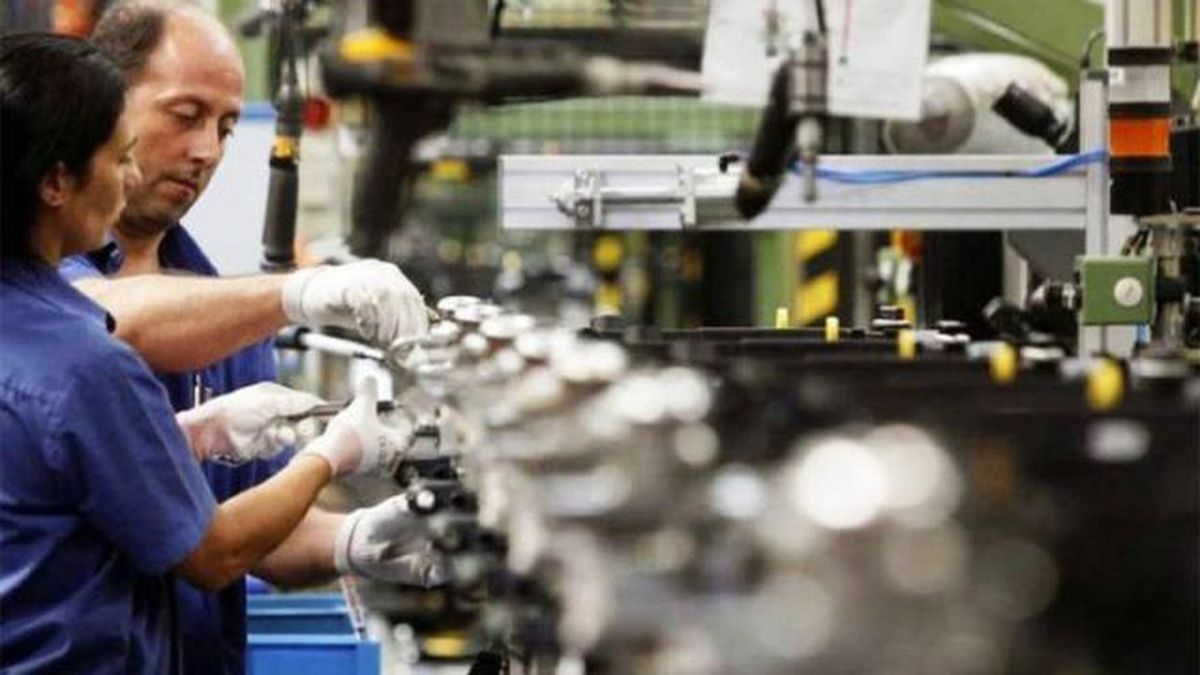According to Rosato, every day there are more SMEs that decide to stop exporting, because the business is in deficit. “While the costs of inputs and capital goods were dollarized at blue prices, export settlements are made in the official dollar, which implies a significant loss that forces factories to work at a loss to maintain contracts with other countries.“, questioned the leader.
For example, he gave the “soybean dollar” as an example, which allowed, in his opinion, “an exceptional liquidation, since it recognized that the gap had generated a loss of profitability, which led farmers in the field to retain grains” .
The businessman warned, in a statement, that the situation of the SME industry “It is much more serious, because it does not have the capacity to collect production to take care of the value of its investments.“.
“That is why it is urgent to recognize that difference between buying at the blue or financial dollar and selling to the official, which is generating losses that can cut the export plan and even cause the closure of factories.”
The “SME dollar”, Rosato considered, “will not have costs for the State, since, although it generates an exchange difference, the liquidation of industrial currencies, as well as greater production, will have a real and short-term impact on tax collection “.
This Friday ends the “soybean dollar”, the differential exchange rate that the sector had during September. Starting next week, it will be launched another sectoral measure to make the stocks more flexible, in this case for the knowledge economy, as confirmed from the Economy portfolio.
Subsequently it will be the turn of mining. In this sense, they analyze that companies can freely access foreign currency for a percentage of their exports, so that they can pay for imports.in an item that has been in surplus in the exchange balance for 20 years, but has problems obtaining supplies and maintaining production.
Expectation in SMEs due to the announcement of changes and higher quotas
As Ambito Financiero was able to find out, there will be changes in the import system, with greater power of the Ministry of Commerce over the Central Bank. In addition, SMEs that need inputs would have a higher quota of dollars in the remainder of the year, and could access better tax benefits with the AFIP.
Officially, the Minister of Economy, Serge Massa, reported that there will be a new Comprehensive Import Monitoring System (SIMI) that will seek to provide greater “predictability” because it will have the payment date at the same time of approval. “Companies will be able to plan their production processes with order and certainty”, he transmitted to the different business chambers with which he met in the last week. The “priority approval” will be for intermediate goods from SMEs.
Meanwhile, the companies maintain the expectation that another two announcements will be made in October. On the one hand, that imports be made more flexible for “21 thousand CUIT” of SMEs that import up to US$2 million per year. In other words, the criterion to enable the dollars will not be comparing the imports of the company against its performance in previous years, but rather with access for up to US$2 million.
On the other, that the AFIP carry out a “segmentation” in terms of interest rates for tax debt, with a reduction in the case of SMEs. In any case, these measures have not yet been confirmed by Economy, but SMEs expect them to arrive when the “soybean dollar” ends.
Source: Ambito
David William is a talented author who has made a name for himself in the world of writing. He is a professional author who writes on a wide range of topics, from general interest to opinion news. David is currently working as a writer at 24 hours worlds where he brings his unique perspective and in-depth research to his articles, making them both informative and engaging.




